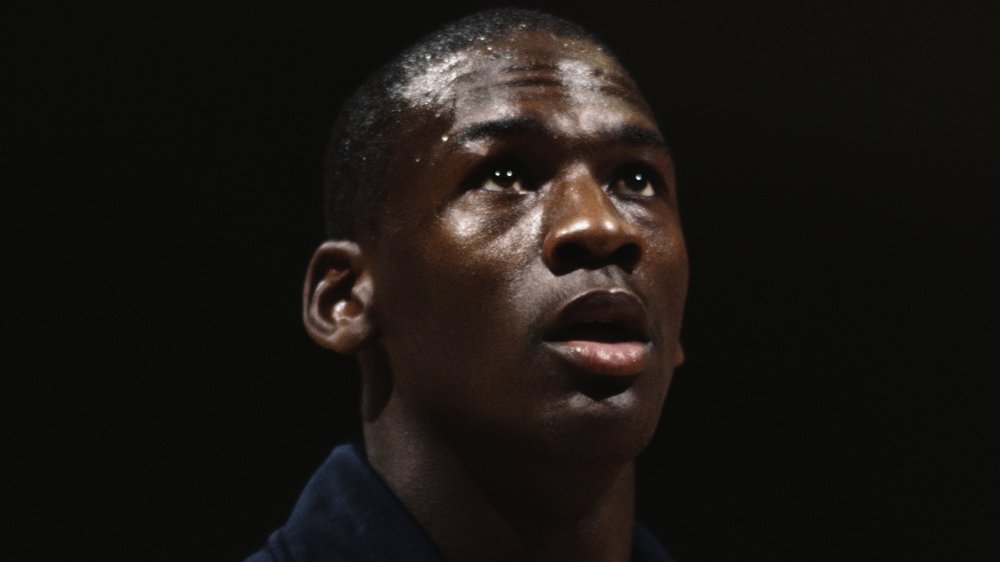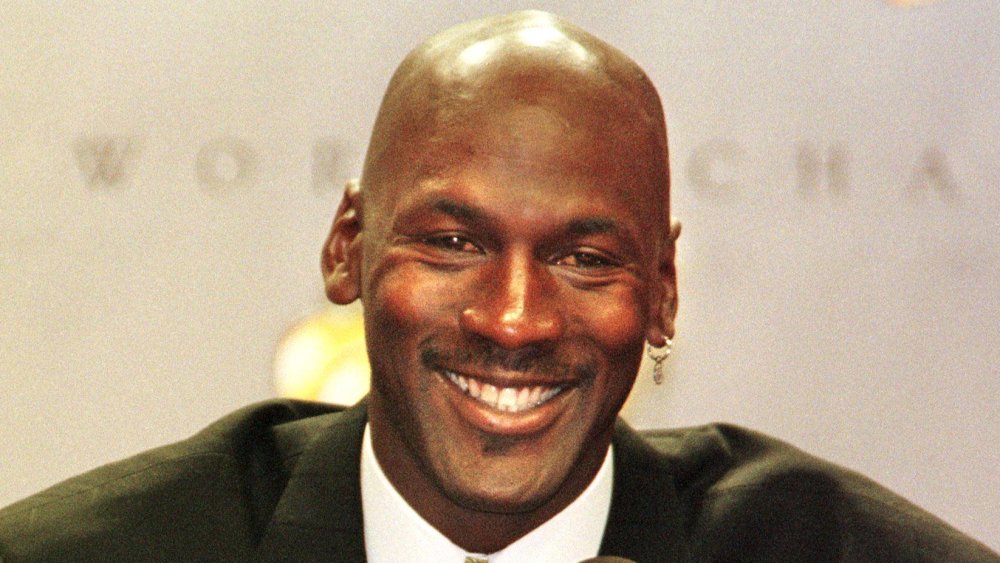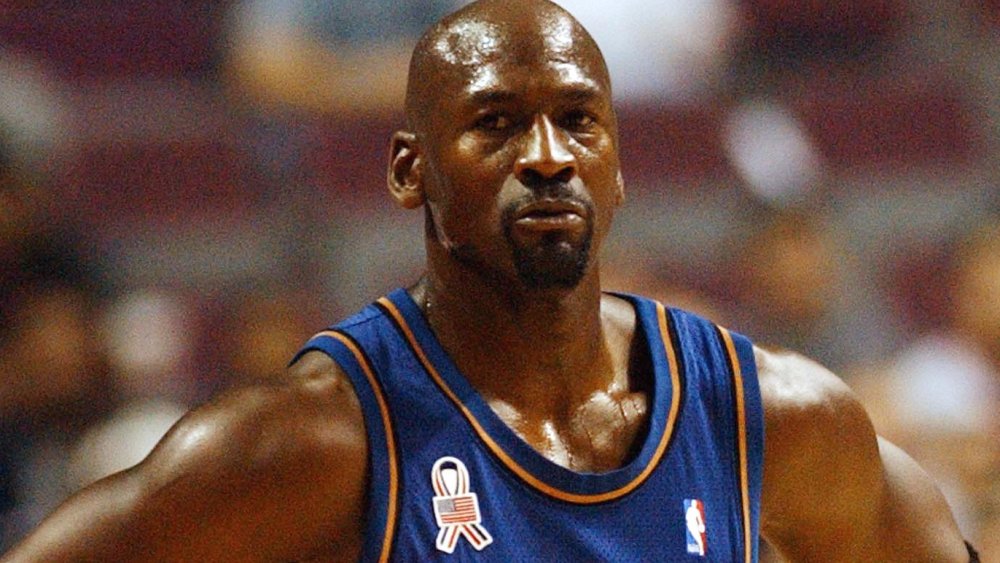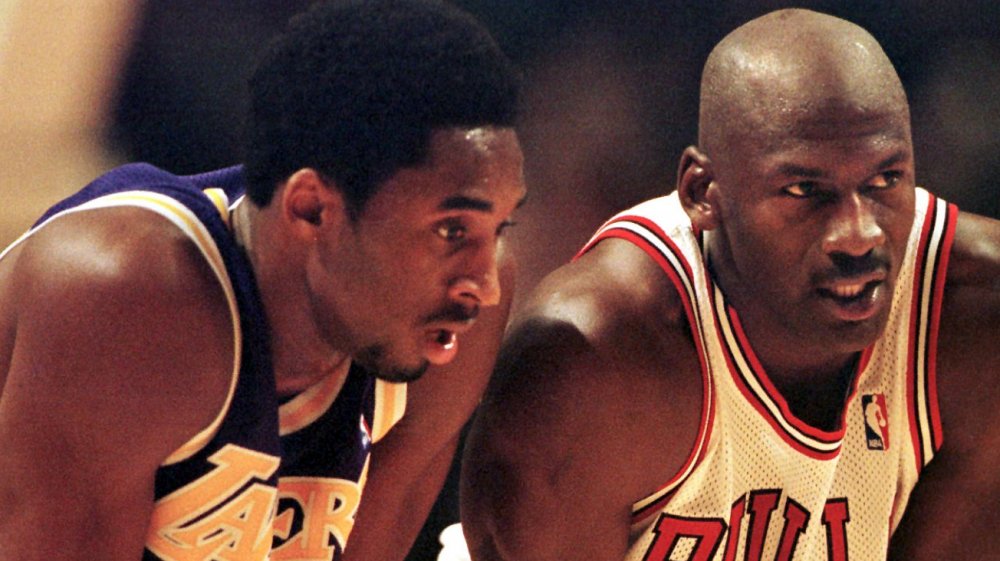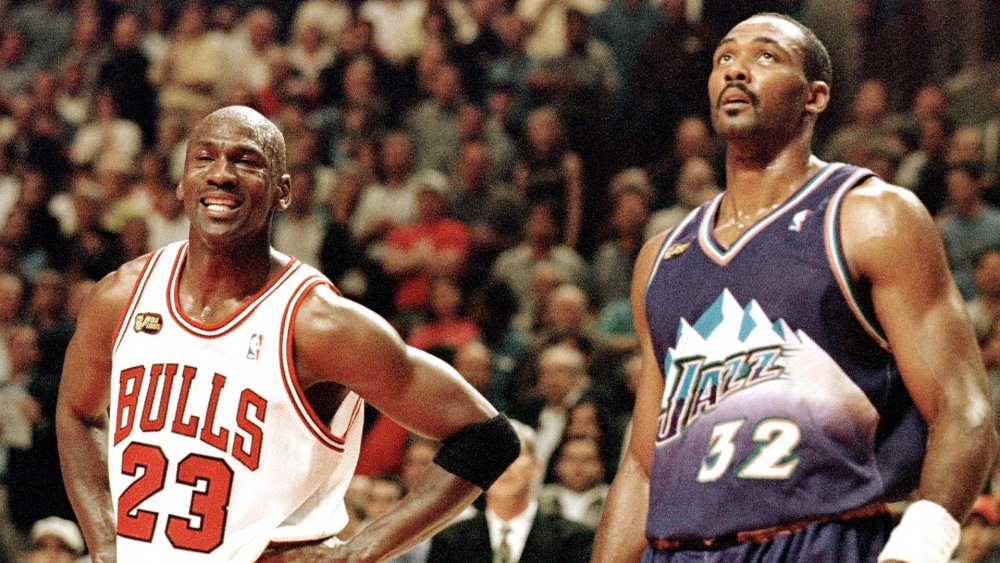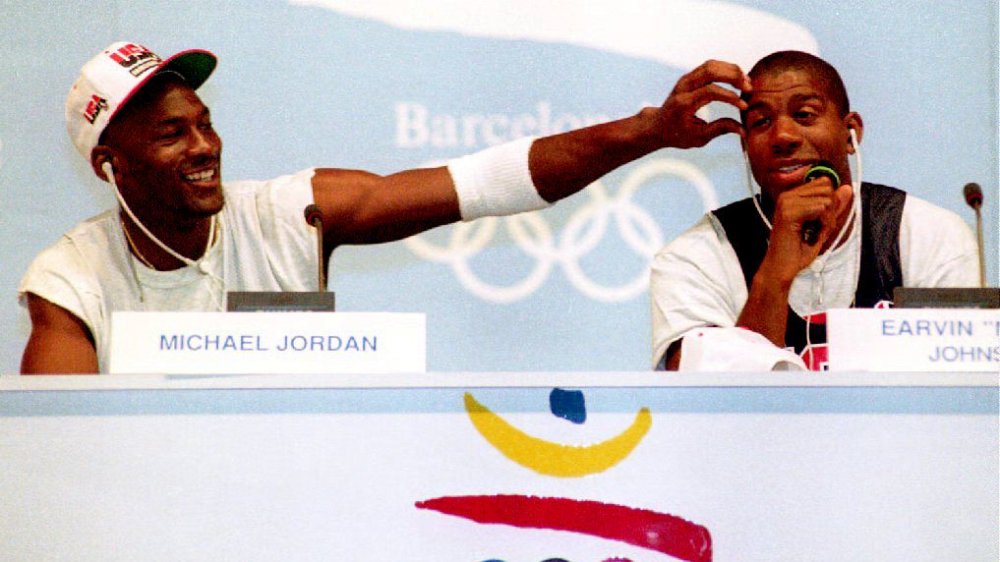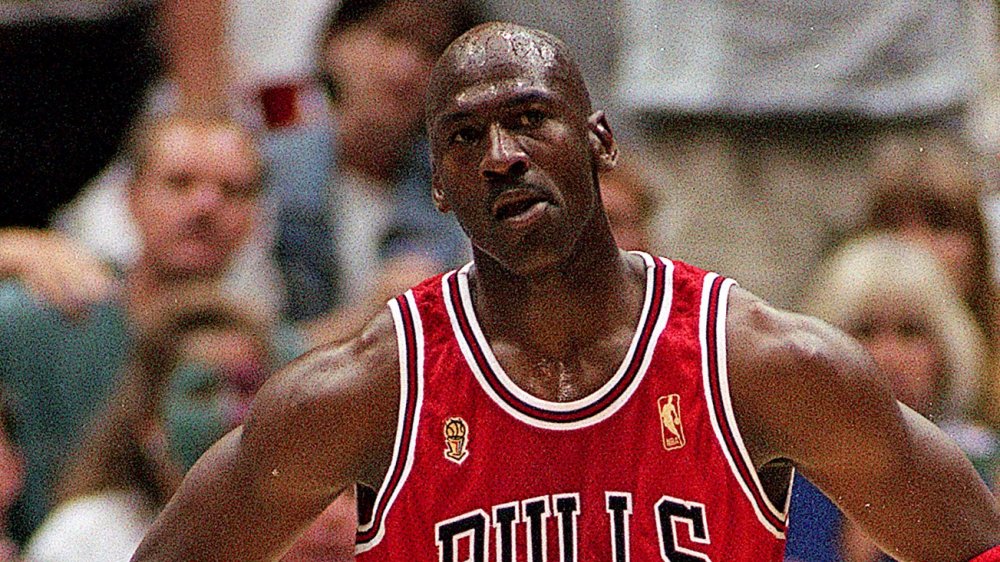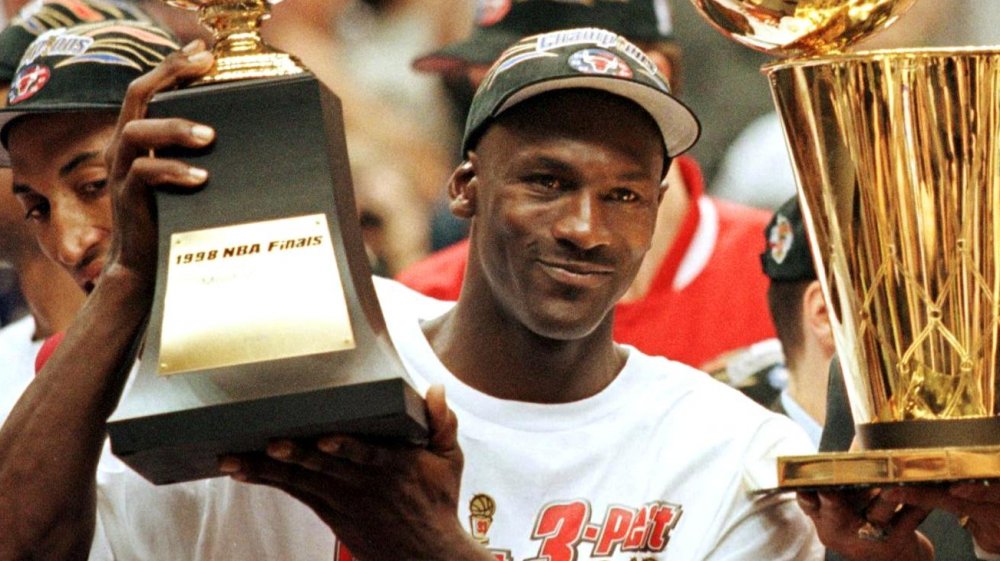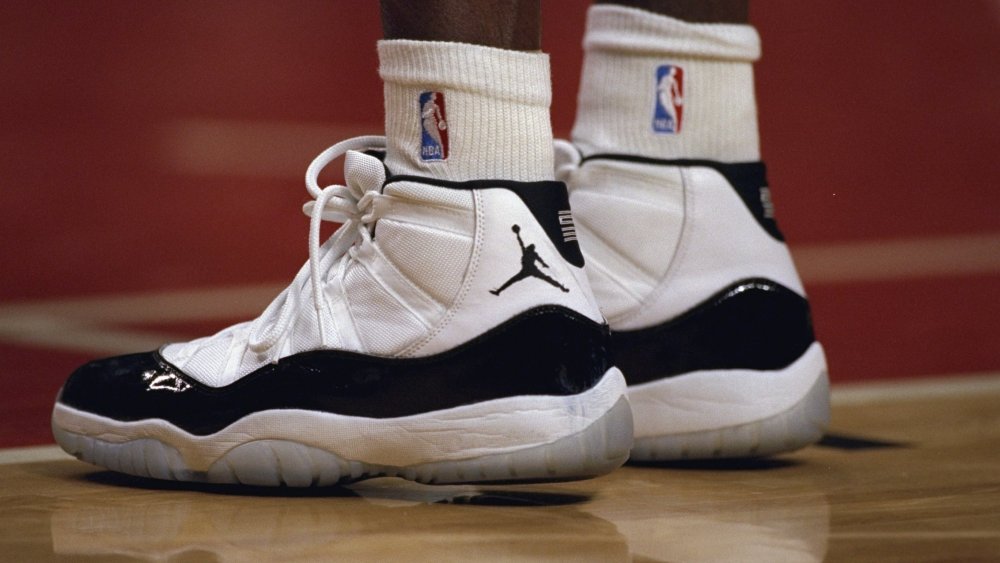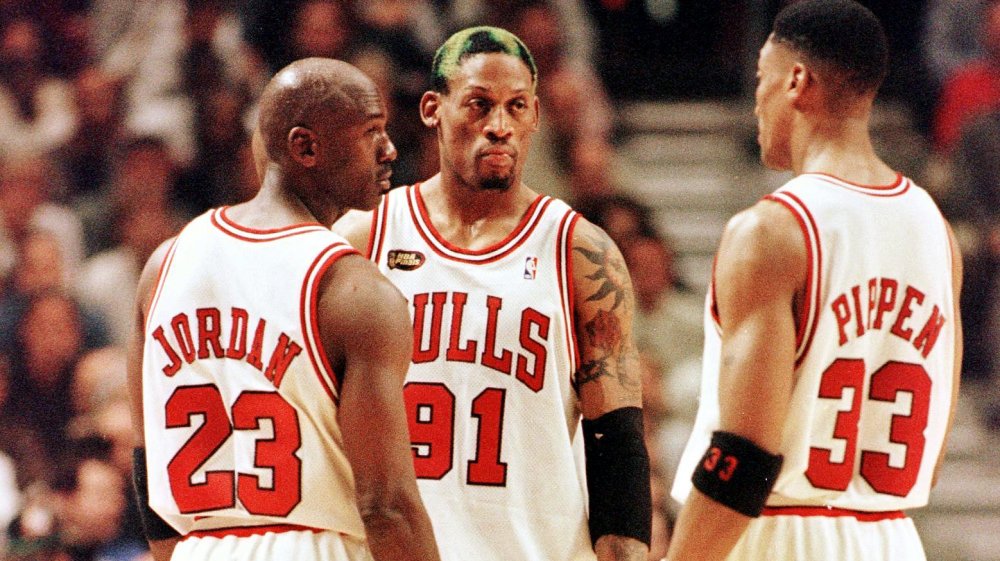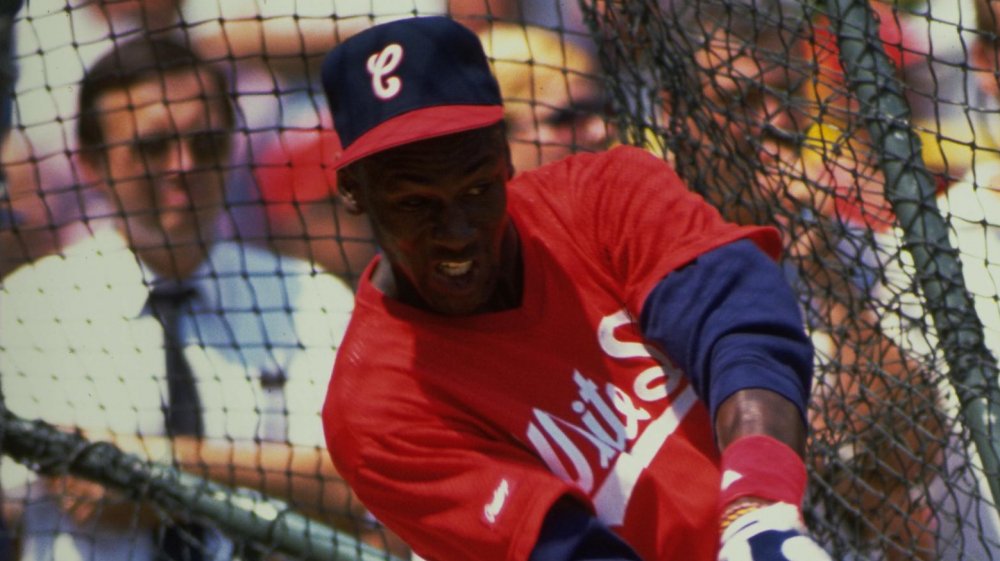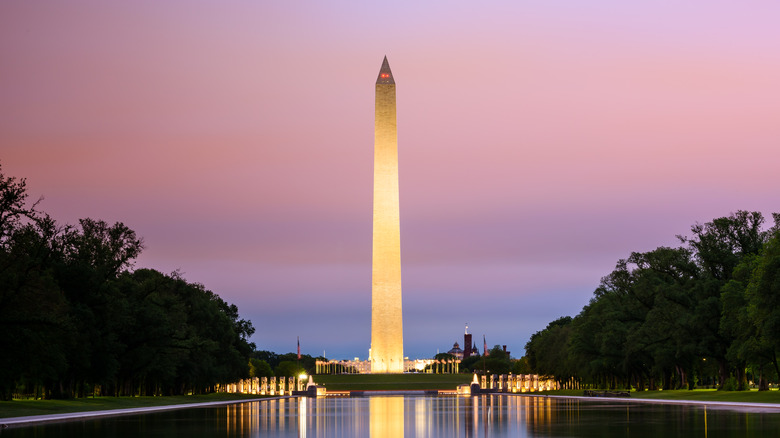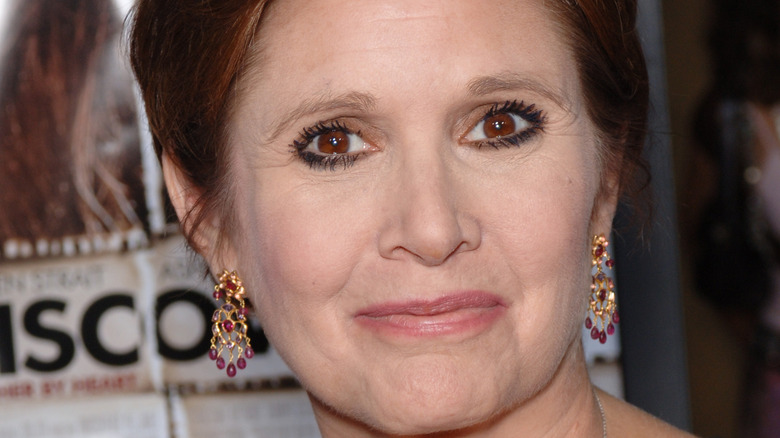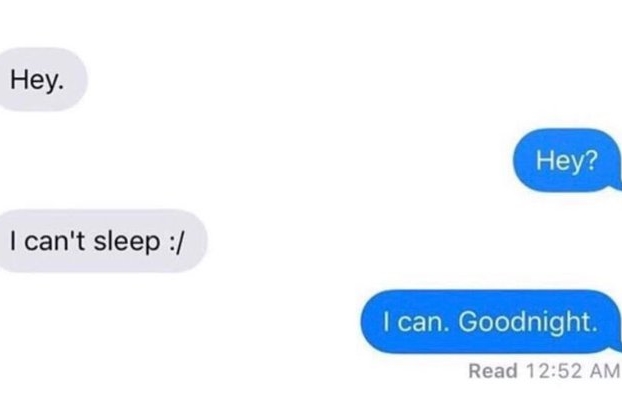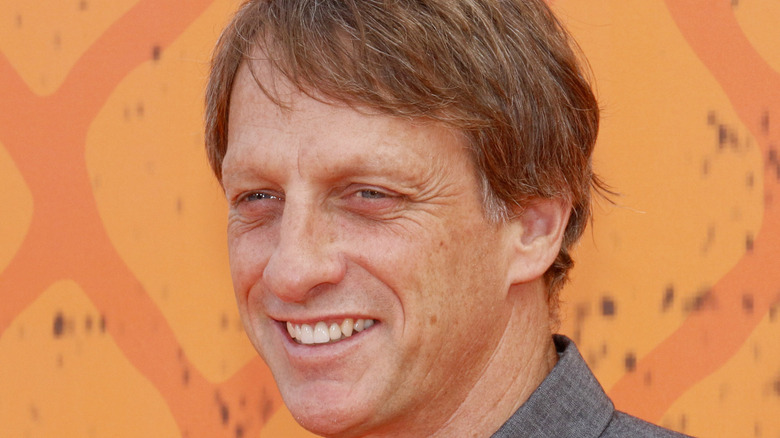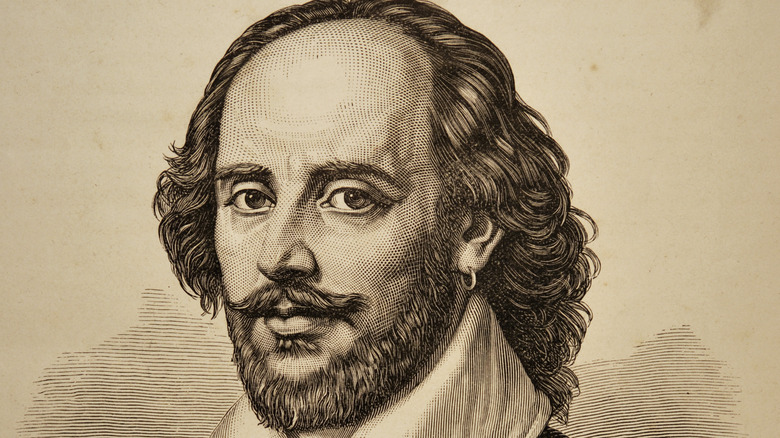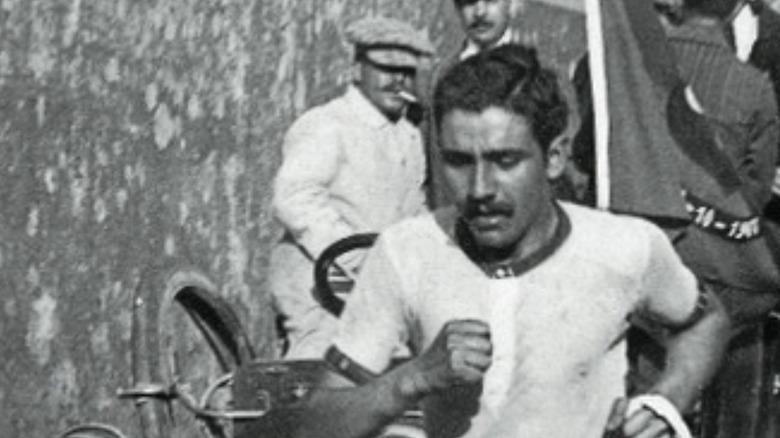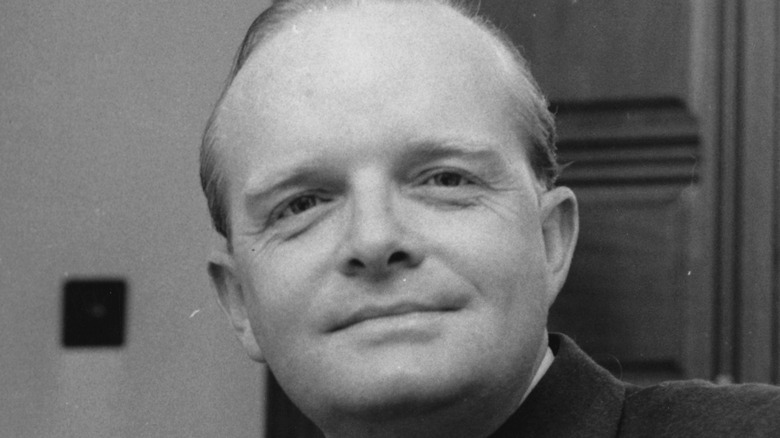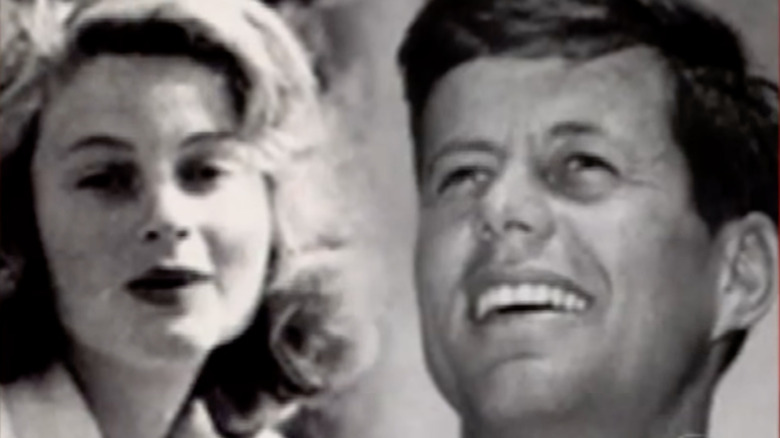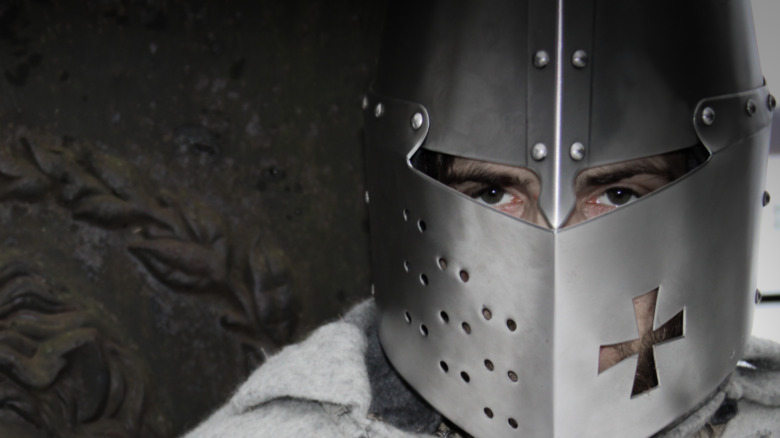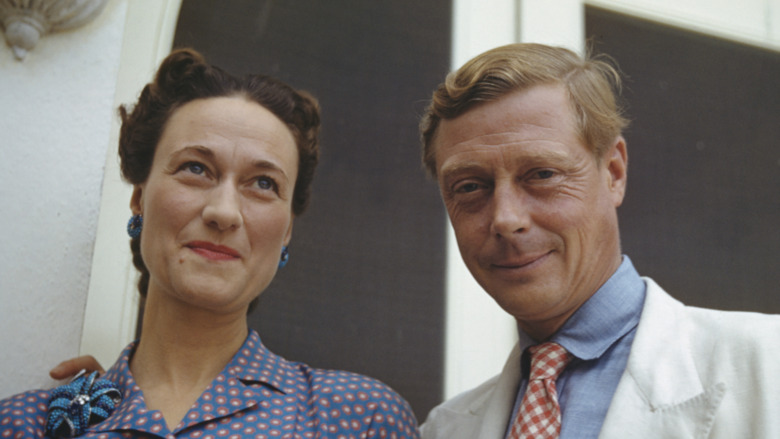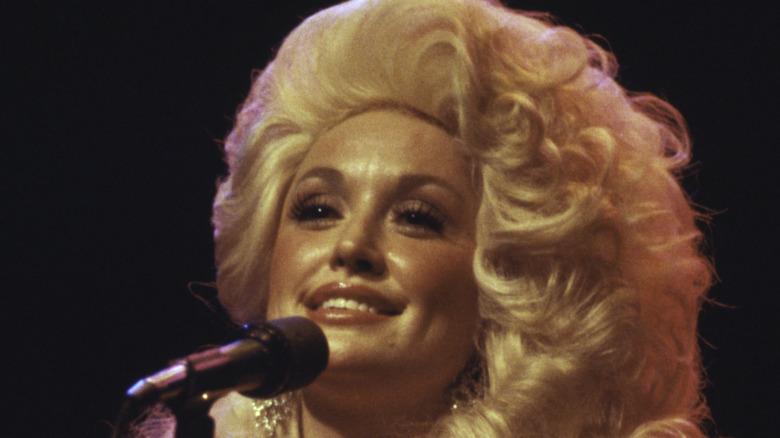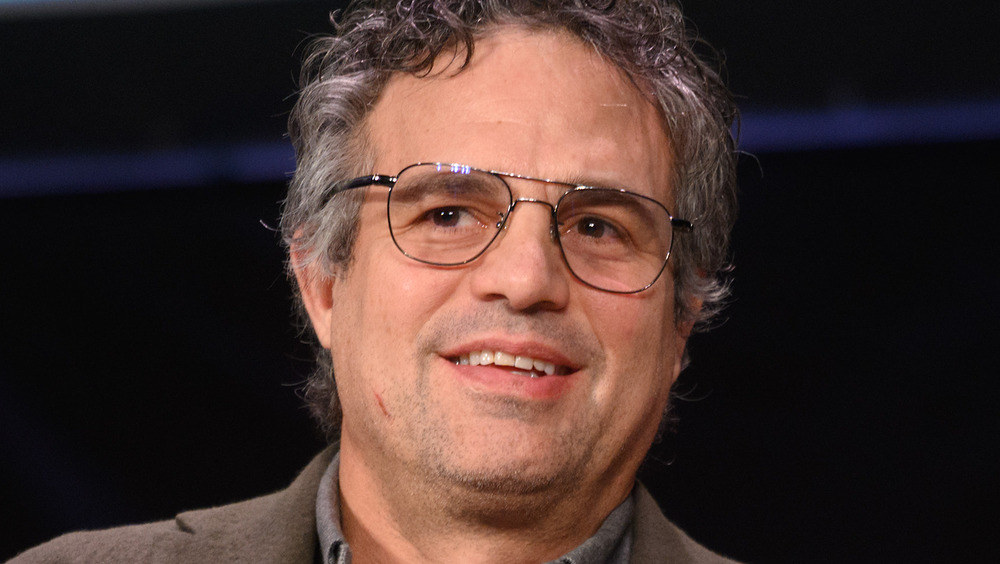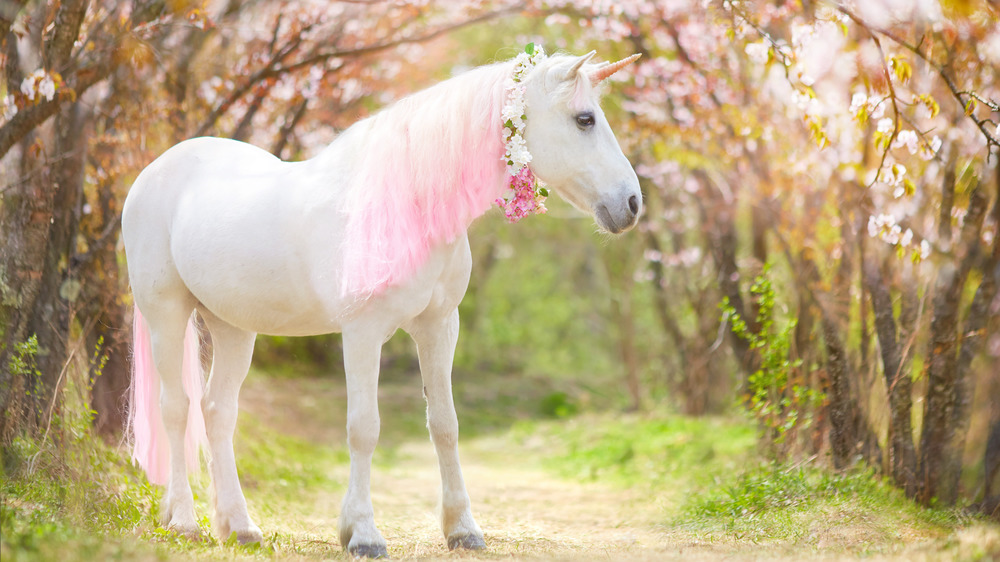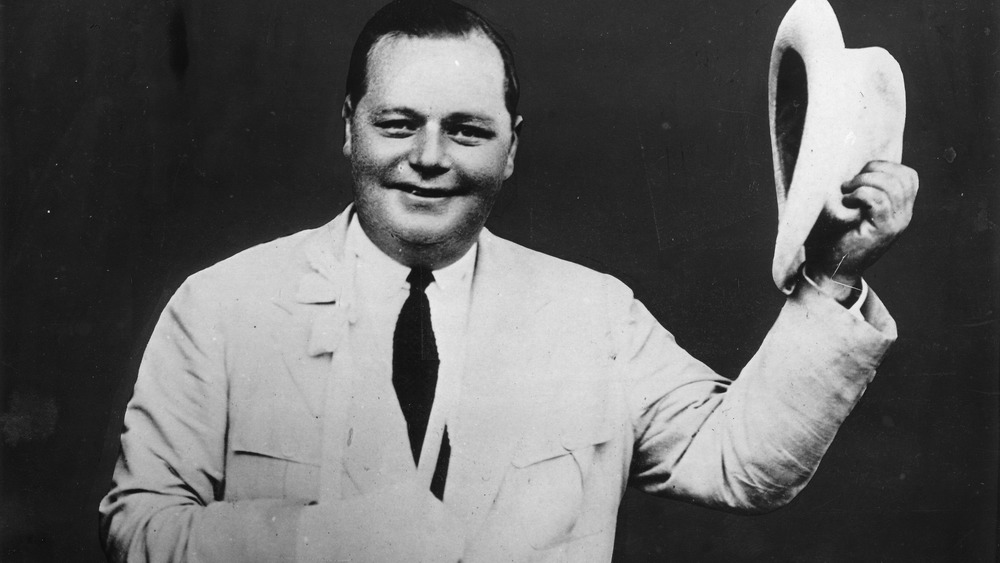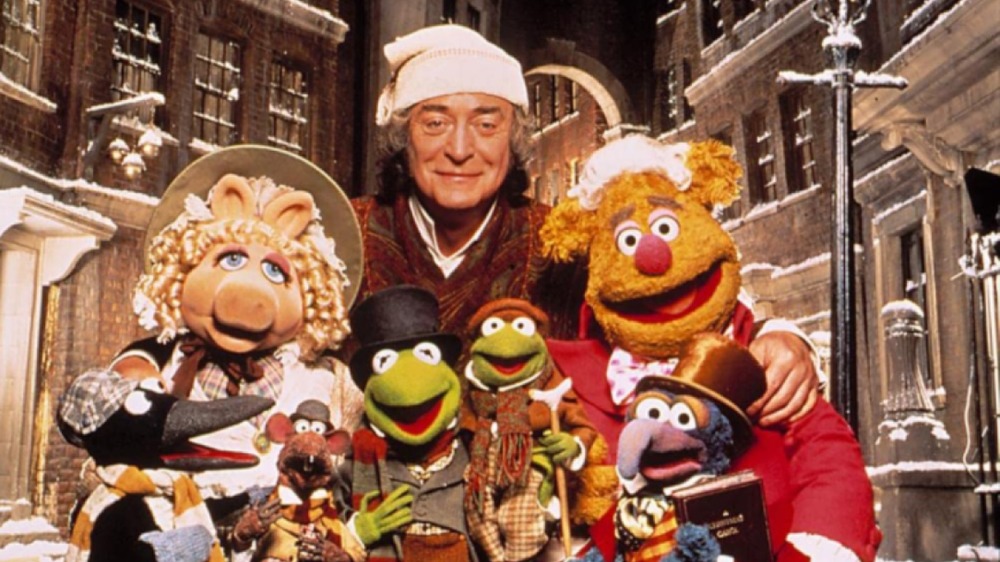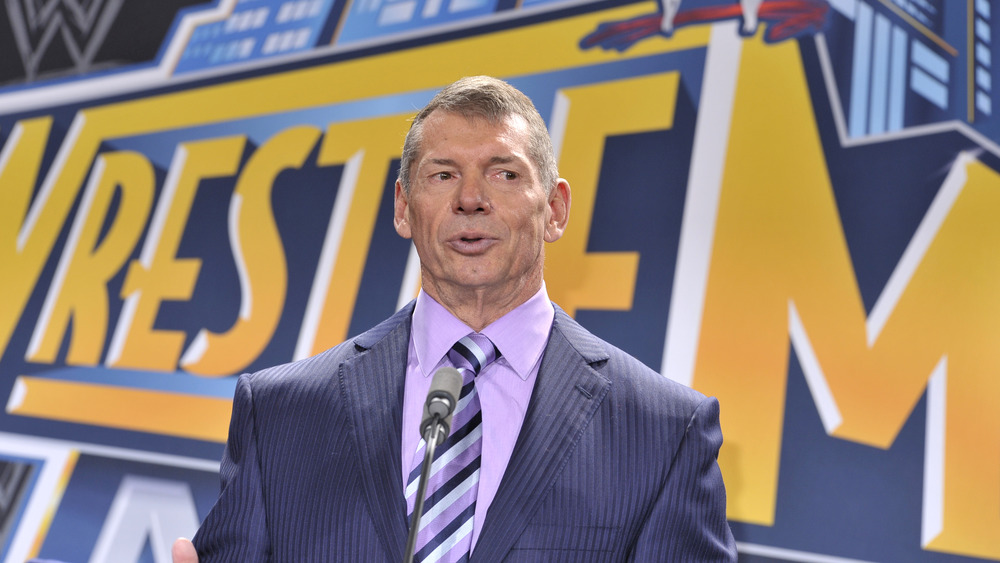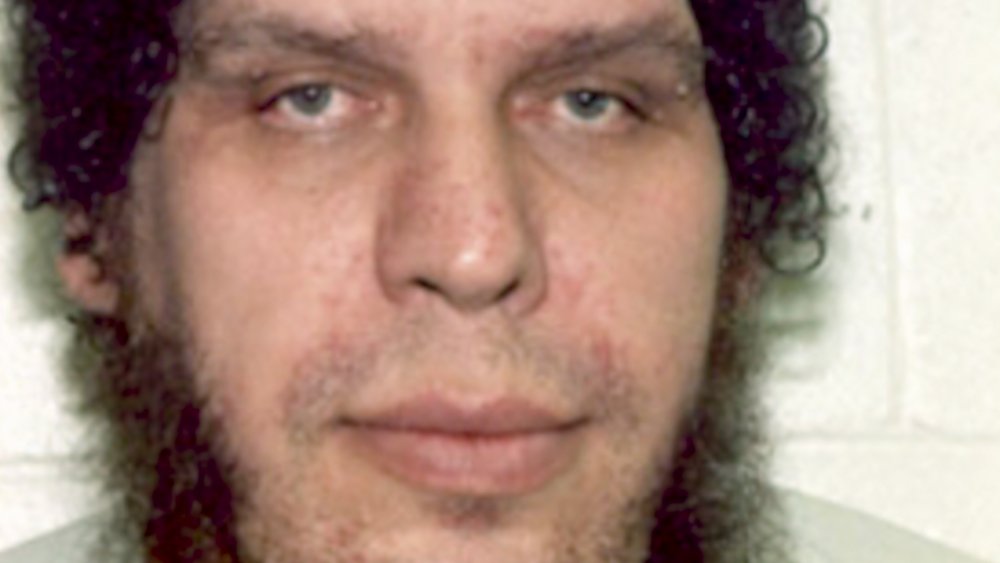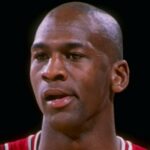
False Things About Michael Jordan You’ve Always Believed
Michael Jordan wasn’t merely good at basketball — he’s probably the best to ever play the game, which also made him one of the most famous people to walk the Earth. In the ’80s and ’90s, Jordan dazzled and delighted with his gravity-defying playmaking skills and undeniable stats. He led the NBA in scoring ten times and led the Chicago Bulls to six NBA titles. He even starred in Space Jam!
But when a single larger-than-life individual dominates their field the way Jordan did his, they become superhuman in the minds and hearts of millions of admirers — and adulation may obscure facts. So much money and power was on the line with Michael Jordan that a lot of myth-making and myth-keeping went on in the name of the sanctity of image and brand. The result: a lot of so-called facts and supposed common knowledge about Michael Jordan that just isn’t true. Sure, a lot of the amazing stuff Michael Jordan did he really did — but not this stuff.
Myth: Michael Jordan was cut from his high school basketball team
Encouraging relatives, life coaches, and motivational speakers alike have a few go-to words of inspiration for those who’ve suffered a failure or setback and feel bad about it. “Don’t give up,” they may say, “even Michael Jordan was cut from his high school basketball team, and he went on to be the greatest athlete who ever lived.” It’s a nice story — if only it were not a lie (or at least a fudging of the truth). Jordan went to Emsley A. Laney High School in Wilmington, North Carolina. In 1978, Jordan tried out for the varsity basketball team during his sophomore year. He was never cut from the squad because he didn’t actually make that squad that season. Coaches opted instead for player Leroy Smith, who was much bigger than Jordan — about 7 inches taller — and thus more suited for the varsity squad. Plus, the varsity team at Laney was almost always reserved for upperclassmen, with sophomores (like Jordan) relegated to the JV squad. And so, that’s where Michael Jordan played … until he was old enough to play varsity just one year later.
Myth: Michael Jordan was just as nice as you would want him to be
Michael Jordan’s world-class basketball talent can’t be questioned, but other facts in his rise to mega-stardom can’t be denied: He was as charismatic and photogenic as he was good at basketball. All those things together made him the de facto face of the NBA and the official, paid face of a number of brands through endorsement deals with Nike, Coca-Cola, McDonald’s, and Ball Park hot dogs. Jordan was extremely likable, and a lot of people and organizations needed him to be likable. The only problem with that: Michael Jordan wasn’t always the nicest person. Hyper-competitive and calculating, His Airness did whatever it took to not only win but establish dominance over rivals and teammates alike.
NBA veteran Robert Parish told ESPN that when he joined the Chicago Bulls near the end of his storied, 21-year career, he botched a play — in practice — and Jordan chewed him out. After the Bulls traded away Jordan’s close friend Charles Oakley, he tried to sabotage replacement center Bill Cartwright by setting him up for bad plays and nicknamed him “Medical Bill” because he’d gotten injured before. His taunts and elbows of teammate Steve Kerr in a scrimmage led to a fist-fight. And then there’s the time in the 1995 NBA playoffs when Michael Jordan allegedly called 5’3″ Charlotte Hornets guard Muggsy Bogues rude names. It’s no surprise there were a lot of players who couldn’t stand Michael Jordan.
Myth: Michael Jordan was terrible during his comeback with the Washington Wizards
Michael Jordan did more than most every other NBA player. He scored more points than his contemporaries, he won more titles than almost everybody, and he even led the NBA in retirements. His Airness announced his retirement three times — in 1993 to play baseball, after a sixth NBA championship in 1999, and in 2003 after a two-year comeback attempt. Michael Jordan’s last gasp at basketball greatness with the Washington Wizards is usually viewed as an aberration, a tarnish on his otherwise flawless, 13-season career with the Chicago Bulls. But Michael Jordan’s time in D.C. wasn’t exactly an embarrassment. In the 2001-2002 season, Jordan played in 60 games and averaged 22.9 points per game — roughly the same as he’d put up in 1985-1986. His season cut short by a knee injury — he was 38 at the time, which is plenty old for an NBA player — Jordan returned in 2002 to play all 82 games of the regular season, and scored an average of 20 points a night. Jordan led the Wizards to 37-45 records in both of his campaigns with the team. That wasn’t good enough to make the playoffs, but it did mark a dramatic improvement. In 2000-2001, the last year the Wizards had played without Jordan, they tallied a paltry 19-63 record. Michael Jordan absolutely turned the Wizards around.
Myth: Michael Jordan was unbeatable
Michael Jordan is arguably the greatest basketball player of all time, and by “arguably” we mean he’s never not in the conversation about the greatest basketball players of all time. He’s the fifth-most prolific scorer in NBA history, led the league in points per game 10 times, was named the league MVP five times, and led the Chicago Bulls to six championships. Jordan is universally recognized for his greatness, but that doesn’t mean he’s untouchable or unbeatable. Jordan played in the NBA for at least part of 15 seasons and was part of a championship squad just six times. Compare that to NBA great Bill Russell who, in just 13 seasons with the Boston Celtics, won 11 NBA titles.
Michael Jordan entered the NBA in the 1984, but it would take until the 1987-88 season for the Bulls to post a winning record. While the Bulls made the playoffs every year Jordan played for the team, they couldn’t get past the Eastern Conference Finals until 1991 — Jordan’s seventh season. And while Jordan’s Bulls made it to the NBA Finals on six occasions and won every time, they weren’t cakewalks — five of those championships went to six games. Clearly, Michael Jordan could be contained.
Myth: Michael Jordan dominated the NBA because there wasn't much competition
Any conversation about the greatest basketball player of all time almost always includes Michael Jordan. He’s a viable candidate, but detractors — those who may argue the superiority of Kobe Bryant or LeBron James — may say that Jordan’s statistics, achievements, and number of championships should be taken with a grain of salt. They’re only so astronomical, proponents of this theory may argue, because the NBA in general just wasn’t as good in Michael Jordan’s day as it was later, that there is more superstar parity around the league and that stacked teams abound. Jordan, it would seem, carried not just the Chicago Bulls but the NBA.
Michael Jordan wasn’t unbeatable — his Bulls frequently lost in the playoffs, and five of their six title wins came in series pushed to six games. In 1997 and 1998, Jordan and the Bulls faced the Utah Jazz in the finals, led by Karl Malone, who in his career actually outscored Jordan, 36,928 to 32,292. And on the way to those six championships, the Bulls had to beat seven teams that had won at least 60 regular-season games. In 1993, the title-winning Bulls finished second in the Eastern Conference behind the New York Knicks. The rest of the league gave Jordan some competition — and in 1992, he’d join quite a few of them on what’s probably the greatest basketball team ever assembled.
Myth: Michael Jordan was proud to be an Olympic athlete
The 1992 Olympics marked the first time that professionals could populate national basketball teams, and as the U.S. had the most established league with the NBA, the “Dream Team” was packed with undeniable legends: Larry Bird, Magic Johnson, Charles Barkley, Scottie Pippen, Karl Malone, Clyde Drexler … and, of course, Michael Jordan. Team USA was the star attraction of the 1992 Olympics and the team easily cruised to a gold medal, putting on a spectacle for fans and a clinic for opponents. And yet Michael Jordan didn’t really want to do it. In 1989, Jordan declared he wasn’t interested in playing in the Olympics again, as he’d won a gold medal in his pre-pro days in 1984. Jordan re-iterated his apprehension throughout 1991, and Johnson told the Associated Press (via the New York Times) that he promised Jordan “a million dollars if he’d do it.” Finally, Jordan relented — but with some conditions. One of Jordan’s rivals, Detroit Pistons guard Isiah Thomas, had to be dropped from consideration. “That was one of the stipulations,” Jordan said in a 2012 Dream Team documentary (via NBC Sports), “… that Isiah wasn’t part of the team.”
That would be Jordan’s final Olympics — he declined an offer to join 1996’s Dream Team II.
Myth: Michael Jordan played in an NBA Finals game even though he was sick with the flu
In the fifth game of the 1997 NBA Finals between the Chicago Bulls and the Utah Jazz, Jordan scored 38 points, leading his team to a 90-88 victory, and a crucial 3-2 game lead en route to a title-clinching sixth game. What made Jordan’s play more impressive: He’d been sick as a dog. “I was really tired and very weak,” Jordan said after the game, adding that at halftime he asked coach Phil Jackson to use him only “in spurts.” While Michael Jordan’s symptoms match those of influenza, Jordan’s personal trainer at the time, Tim Grover, believes Jordan had fallen ill with food poisoning. Grover told TrueHoop TV (via ESPN) that the night before Game 5, Jordan got hungry in his Utah hotel room and ordered a pizza. When it arrived, it was suspiciously delivered by five people. Grover took the pizza and handed it off to Jordan and his cronies. “I said, ‘I got a bad feeling about this,'” he said. Jordan was the only person in the room that night who ate the pizza, and thus the only person who got sick. It’s a theory that Jackson and Jordan’s Bulls teammate Ron Harper have floated, too. “You know, Ronnie Harper always thought it was a bad food type of thing,” Jackson told ESPN in 2012.
Myth: Had Michael Jordan not retired, the Chicago Bulls would've kept winning titles
Between 1991 and 1998, the Chicago Bulls won six NBA titles. Two times they did it three times in a row, and the only years they didn’t win it all were in 1994 and 1995 — seasons when Jordan was out of commission, off trying to make it as a professional baseball player. But then, just before the lockout-shortened 1998-1999 season was set to begin, Jordan abruptly retired, choosing to go out on top as a reigning NBA champion. But what if Jordan hadn’t decided to make the Bulls’ 1997-1998 campaign, in which the team won its sixth title, a publicly-declared “last dance”? There were theories — or at least fan laments at the time — that if Jordan had stuck around indefinitely, then the Bulls would’ve kept winning titles indefinitely.
That’s maybe not the case. Coach Phil Jackson left the team in 1998, too, thus denying the team its world-class leadership. The Bulls’ second-in-command behind Jordan, Scottie Pippen, left for the Houston Rockets at the same time. Even if he’d stayed, Pippen was 33 and his numbers were starting to decline. Not only would Jordan be without his coach and best teammate, he would’ve been stuck in a “rebuilding” year with a roster full of unproven rookies like Corey Benjamin, Cory Carr, and Charles Jones.
Myth: Michael Jordan was the first basketball star with a signature shoe
Michael Jordan is also known by Air Jordan, a rightfully bestowed nickname alluding to his ability to seemingly fly up off the court somewhere around the three-point line and all the way to the rim to deliver a thunderous dunk. Air Jordan is also the name of Jordan’s line of Nike-produced athletic shoes — he’d model them on the court and millions who wanted to be “like Mike” would pony up a couple hundred bucks for a pair. Jordan still makes about $100 million via his Nike contract each year — while the company pulls in about $2.8 billion in Air Jordans and related merchandise. Ever since, big-money shoe contracts built around signature sneakers are the name of the game for NBA superstars — as of 2020, 16 active NBA players had their “own” shoe, including LeBron James, Steph Curry, and Damian Lillard. Jordan may have popularized the concept, but he didn’t invent it. In 1973 New York Knicks star Clyde Frazier rocked Puma Clydes, the first basketball player signature shoe, followed soon after by Julius Erving and his Dr. J Converse Pro Leather shoe. Air Jordans weren’t even the first “Air” shoe Nike made — those would be Air Force Ones, which hit stores in 1982, three years before the first Jordan sneakers.
Myth: Michael Jordan was a one-man team
Because Michael Jordan is the one of the greatest players in basketball history, there exists the notion that he carried the team single-handedly. One player — even an extraordinarily dominant player — can’t do everything, and even Jordan needed help compiling a 72-10 regular season record in the 1996-97 season, at the time an unmatched record. While Jordan’s teammates of that season have been overshadowed by the mere presence of M.J., the 1996-97 Chicago Bulls were a super-team on the level of the late 2010s Golden State Warriors (with Kevin Durant, Steph Curry, and Klay Thompson) or the 1980s “Showtime” Lakers (Magic Johnson, Kareem-Abdul-Jabbar, James Worthy). Also on the roster that season: Olympic “Dream Team” member and Hall of Famer Scottie Pippen, NBA legend Robert Parish (wrapping up a 21-year career), defensive stalwart and rebound king Dennis Rodman, ’90s standout Ron Harper, and high-scoring European superstar Toni Kukoc.
Did Michael Jordan really quit the NBA to play baseball?
In 1993, 30-year-old Michael Jordan did something very strange: He retired. “I’ve reached the pinnacle and I’ve achieved a lot in a short period,” Jordan told reporters. “I don’t have anything else to prove.” Jordan also emphasized that the sudden, violent death of his father the previous July didn’t influence his decision, that he’d been long considering a pursuit of “a normal life.” But just four months later, Jordan abandoned retirement to play baseball, joining the minor league organization of the Chicago White Sox, a team which, like the Chicago Bulls, was owned by Jerry Reinsdorf. And then just over a year later, in March 1995, Jordan returned to the NBA. Such a strange sequence of events led to speculation that perhaps Michael Jordan didn’t really “retire” at all — and that, in an image-saving move, he was secretly suspended by the NBA after his penchant for high-stakes gambling got him into trouble.
In 1992, according to Bleacher Report, Jordan testified in a trial of convicted drug dealer James Bouler as to why the defendant had a personal check from Jordan in the amount of $57,000. At first Jordan claimed it was a loan, then admitted it was a payment on a gambling debt. In early 1993, businessman Richard Equinas wrote in his gambling addiction memoir that he’d won $900,000 in golf bets from Jordan, and then before a game of that year’s Eastern Conference Finals, Jordan was spotted in a casino. After the Bulls won their third championship, the NBA investigated if Jordan’s gambling violated any rules. Four months later, Jordan “retired,” remarking that a comeback was possible “if the Bulls will have me, if [commissioner] David Stern lets me back in the league.” Do all these threads connect? We may never know.
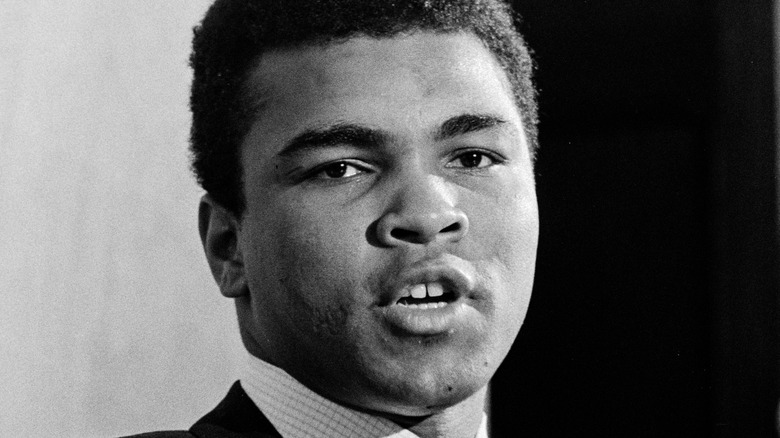
The Muhammad Ali Moment That Changed Mike Tyson's Career Forever
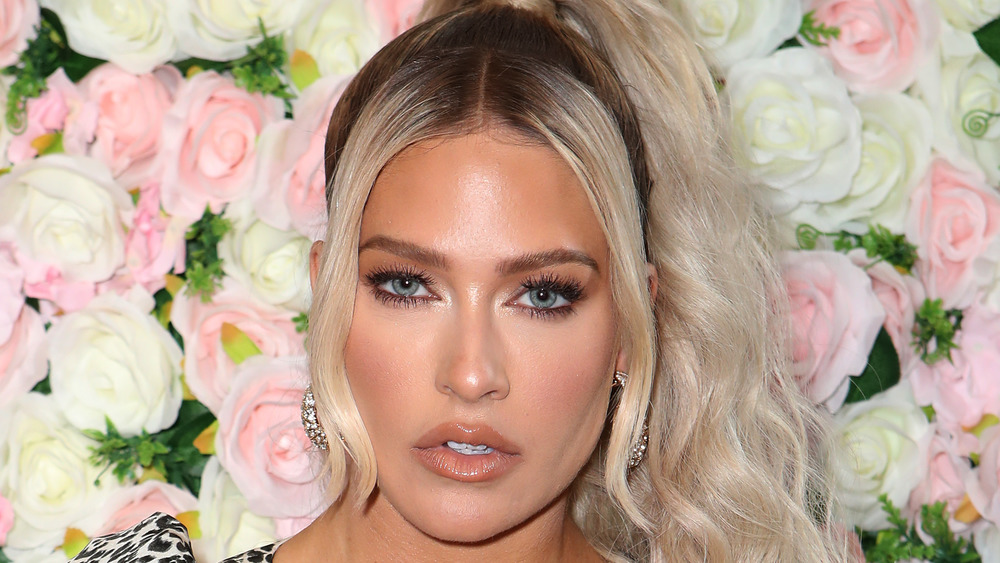
What Happened To WWE Diva Kelly Kelly?
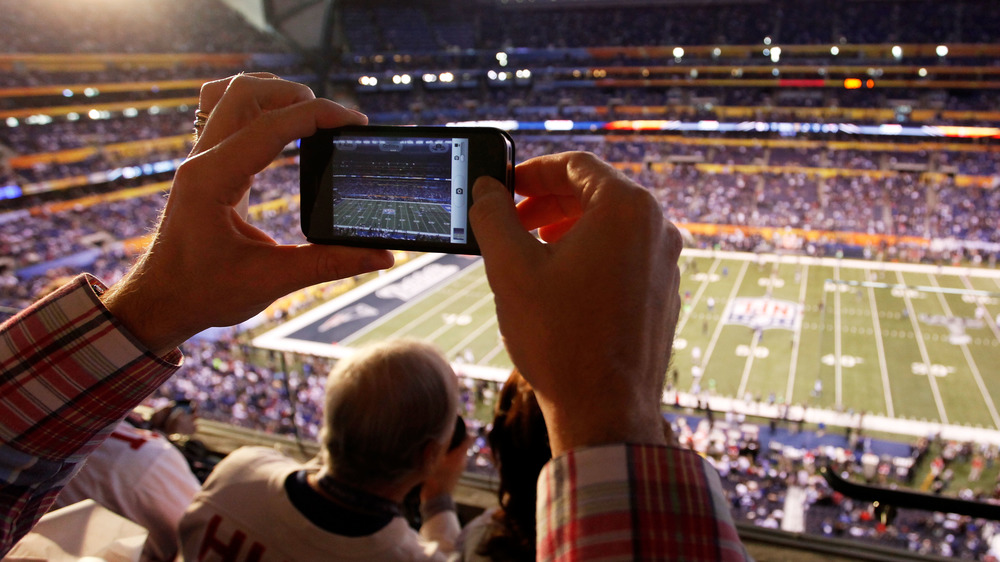
When A Fan Runs Onto The Field At The Super Bowl, This Is The Punishment
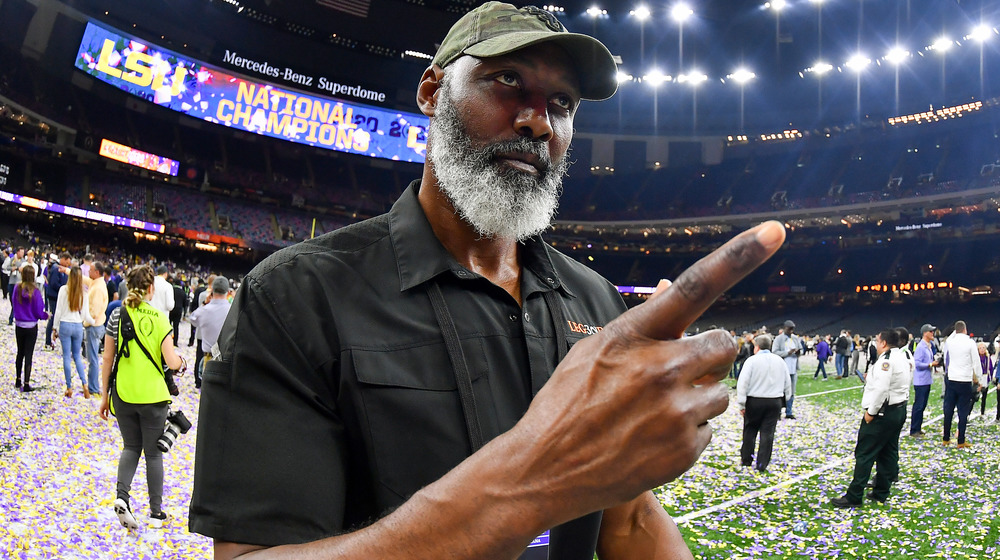
The Job You Won't Believe Former NBA Star Karl Malone Had
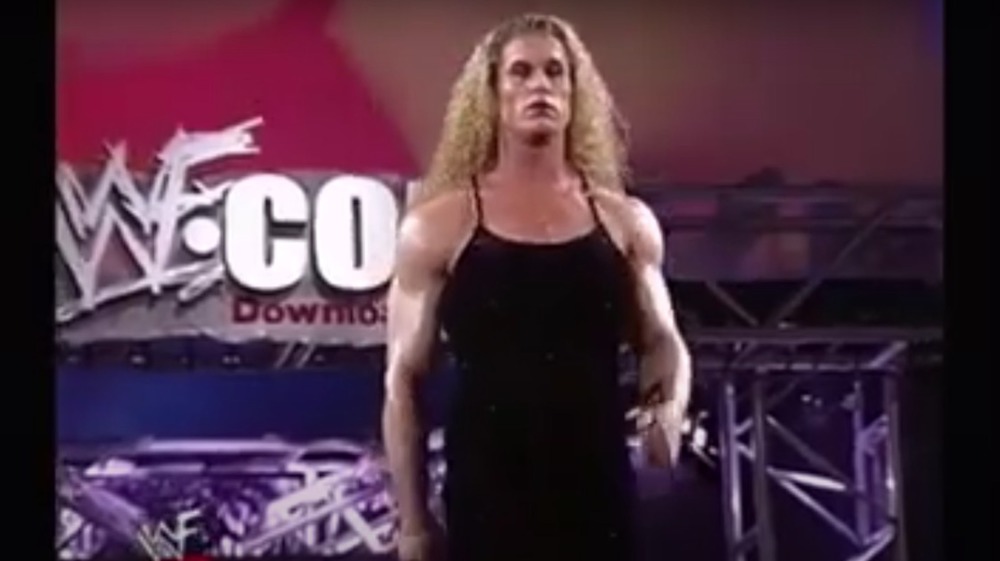
The Tragic Death Of Wrestler Nicole Bass
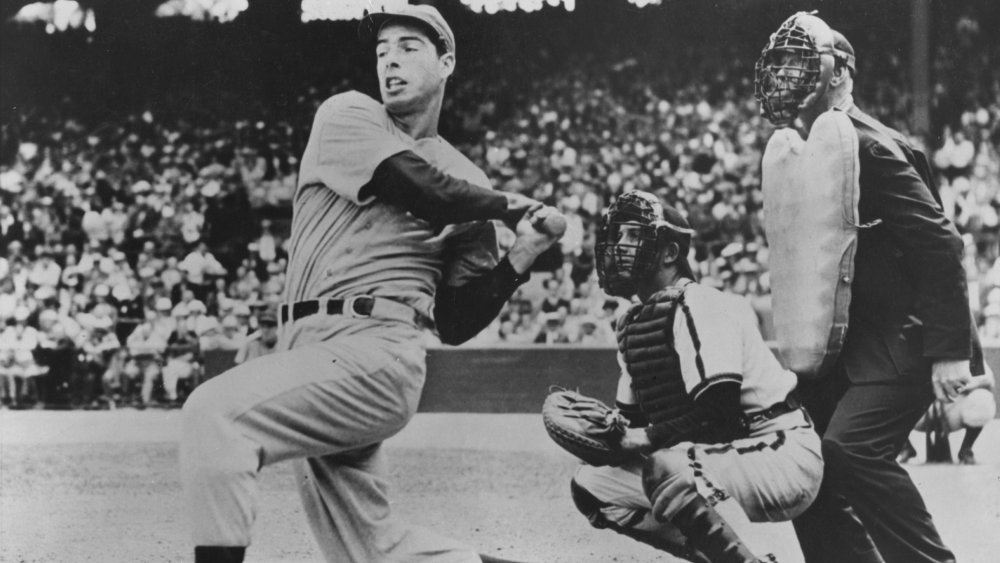
The Tragic Real-Life Story Of Joe DiMaggio
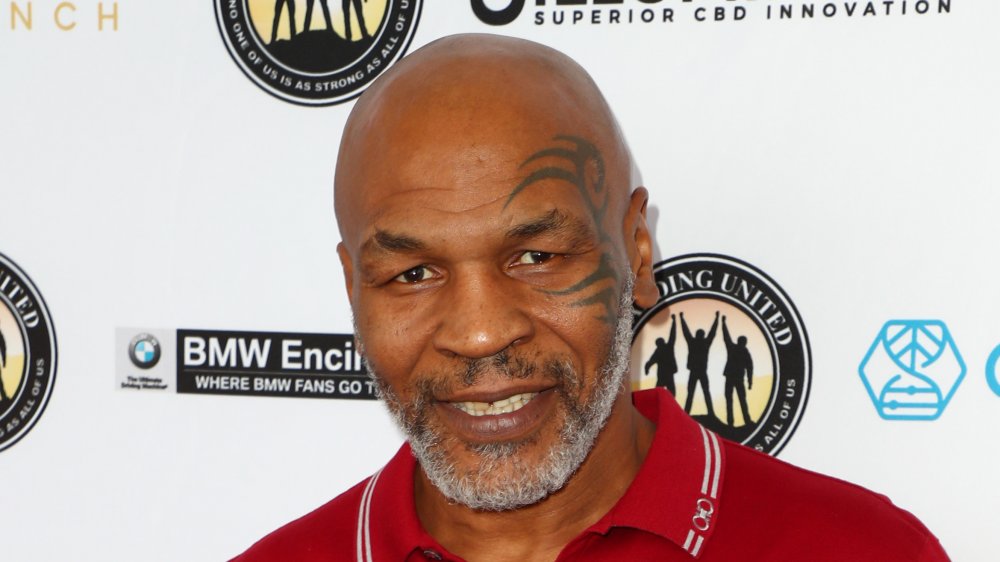
The Untold Truth Of Mike Tyson
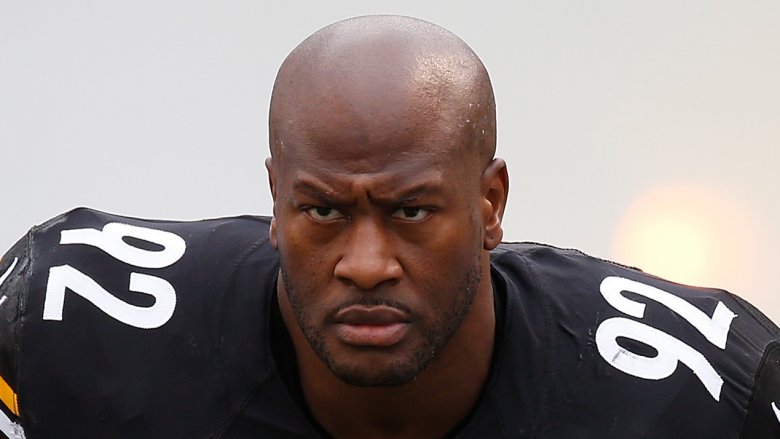
The Dirtiest Players In NFL History
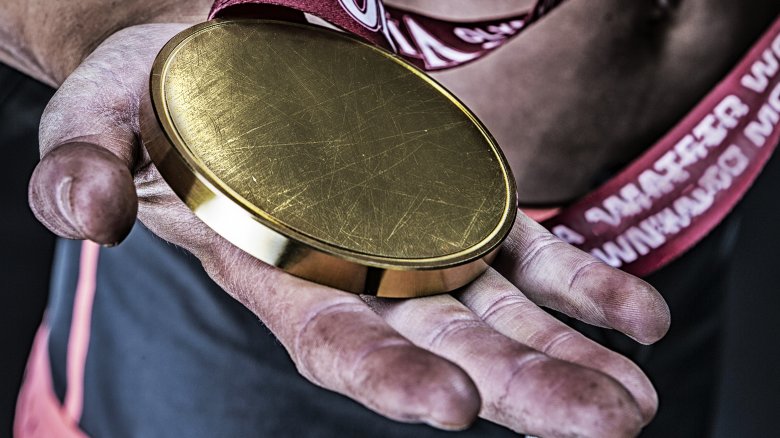
The Olympics Are Pretty Messed Up
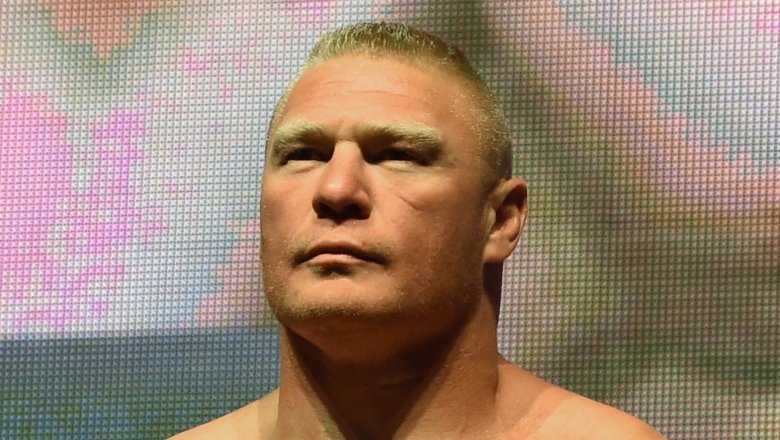
Athletes That Have Defied Death More Than Once
